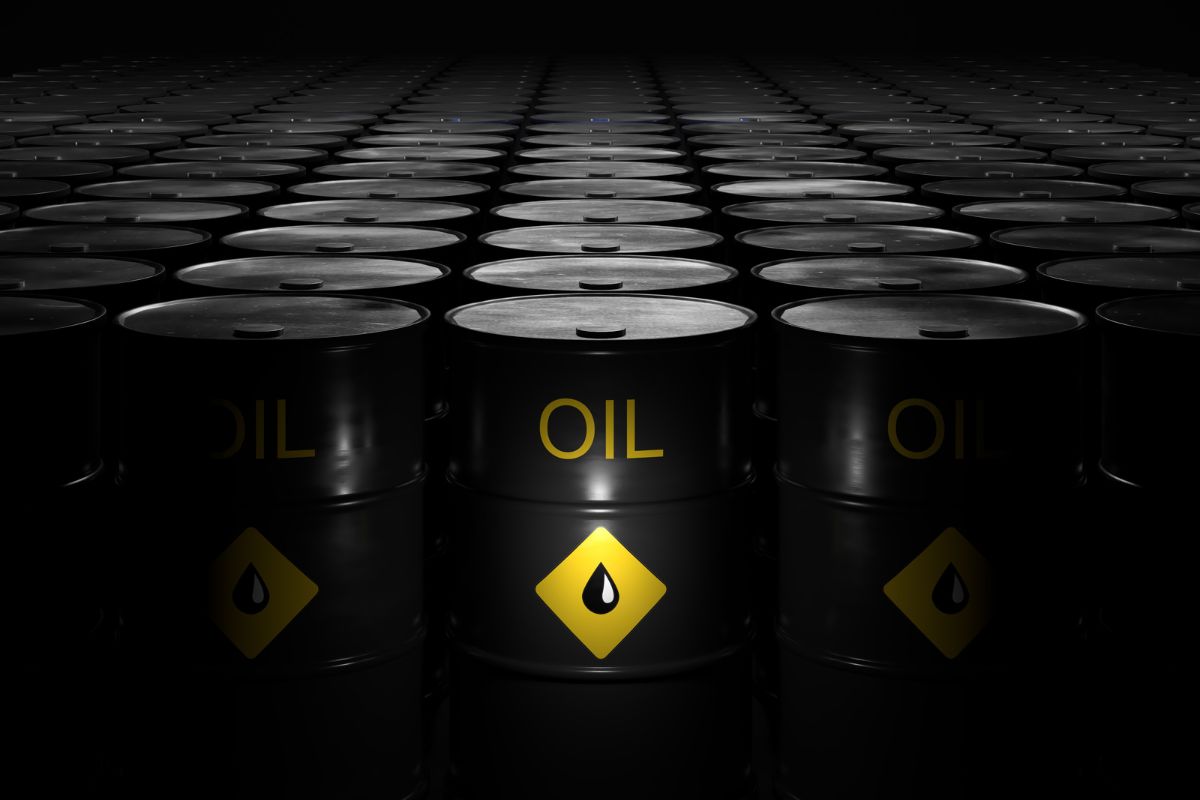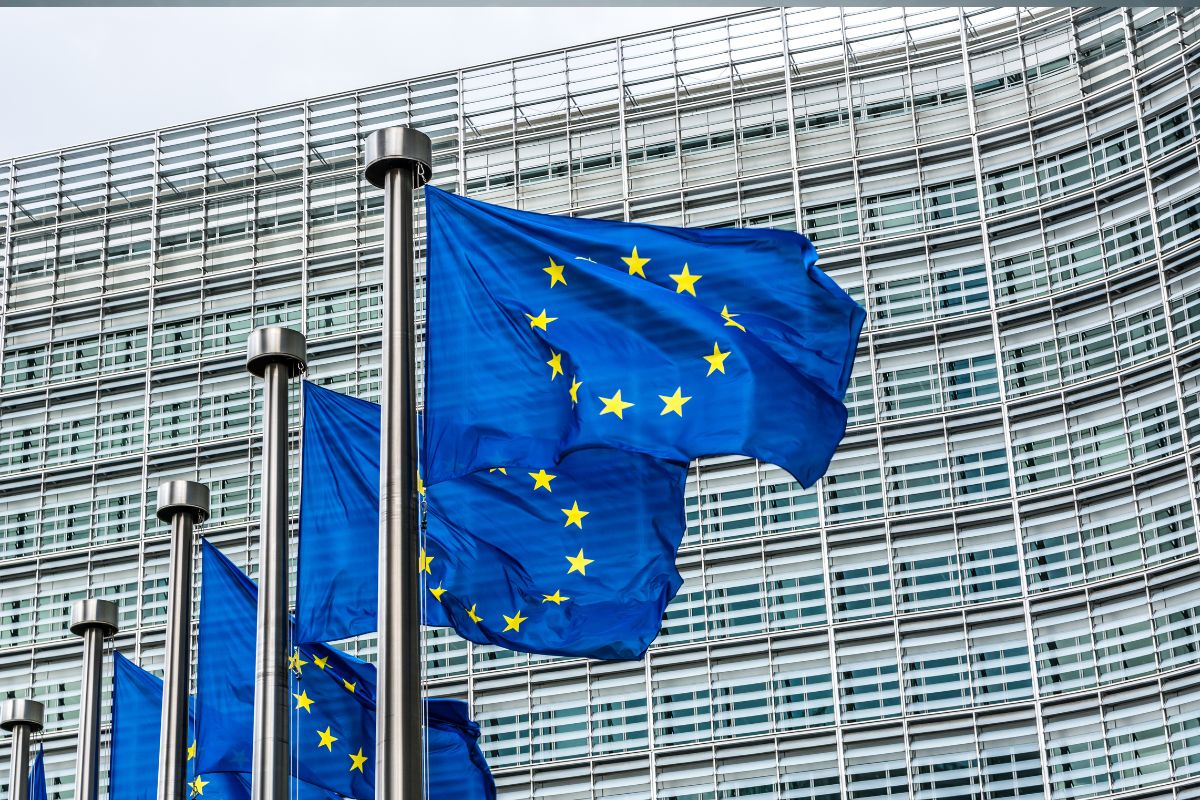European Union members are going beyond an import ban and are now targeting its coverage.
The European Union is moving beyond the previous Russian crude import ban and is now targeting oil insurance companies covering the transport of the fuel.
This move could substantially impair Russia’s ability to ship its crude to locations worldwide.
The oil insurance sanctions have to do with banning coverage for European vessels and companies linked with the transportation of Russian crude worldwide. This is one component of a broader sanctions package the EU has been developing, according to a recent Bloomberg report based on a draft document that media outlet had received.

Though the finer details were still being hammered out by member states at the time of the writing of this article, the intention was to place these new sanctions in place due to the power they have in limiting international shipments of the crude. The reason this move is as powerful as it is, is because about 95 percent of the liability cover for tanker ships is arrange through an organization in London that is required to comply with European law.
Without oil insurance for transport, Russia and its customers would need to find alternative coverage.
The coverage would need to protect against risks such as accidents at sea, oil spills, and other issues that can rapidly lead to claims in the multi-billion-dollar range.
The vast majority of crude cargo transportation is obtained through the International Group of Protection & Indemnity Clubs (G). Such coverage is a foundational part of most crude transportation contracts. The IG provides reinsurance should a claim be greater than the amount the 13 individual members of the group are able to cover on their own.
Turning to oil insurance sanctions has precedent. The United States and European Union have successfully used similar steps to limit Iran’s crude exports. At that time, individual countries organized their own direct cover. Still, IG remains the preferred choice worldwide for providing oil insurance transportation coverage. As a result, this new set of sanctions against Russia could notably increase the stakes. They will be layered on top of the EU’s intention to ban all crude and refined imports from the country by the close of 2022.

